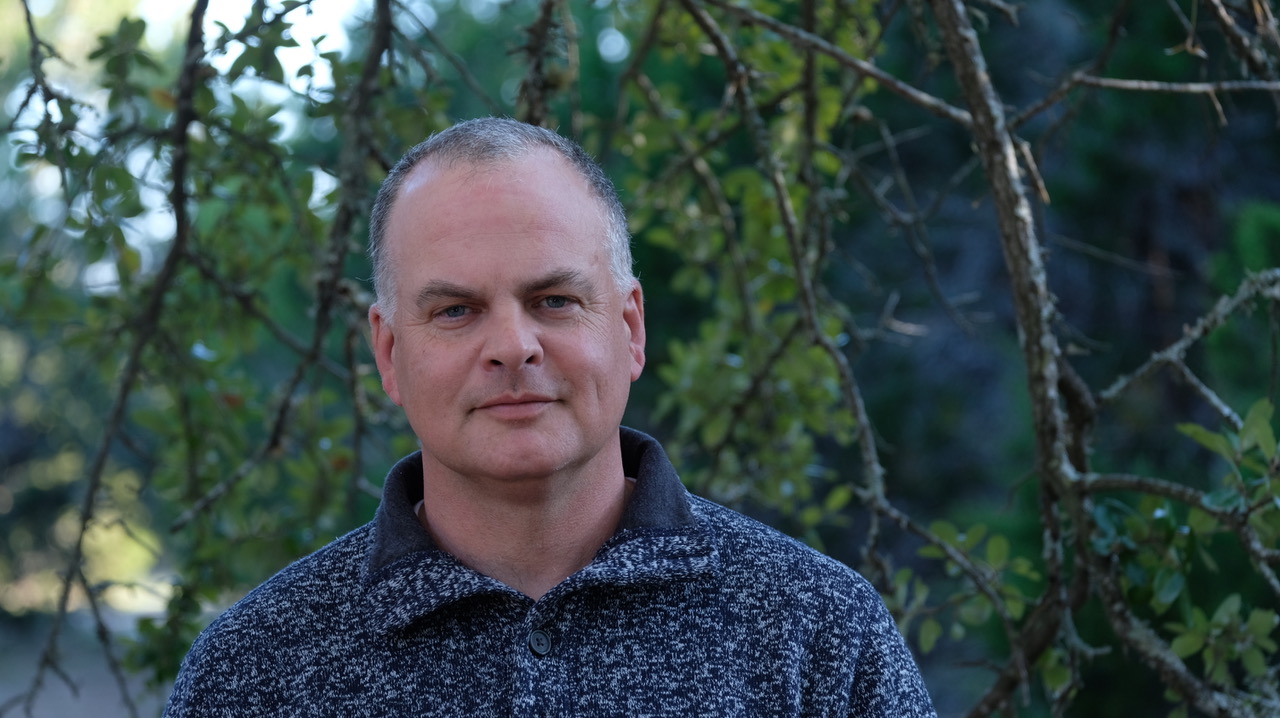A cancer research scientist’s job is essential in the medical world as they spend their days researching new paths to treat and prevent cancer. Kevin Dalby, Austin professor of chemical biology and medicinal chemistry in the College of Pharmacy, Department of Oncology at The University of Texas, studies cancer cell signaling mechanisms to develop targeted therapeutics. The Cancer Prevention and Research Institute of Texas (CPRIT) and the National Institutes of Health acknowledged Dr. Dalby’s research and supported it through a nearly $5 million grant.
Dr. Kevin Dalby is optimistic about the future of cancer research. In one of his recent interviews, when asked how he imagines the progress in his field of study in ten years, he remarked:
“It is humbling to look back at scientific publications from just a few years ago and appreciate the progress made each year by all the researchers throughout the world. Ten years is a very long time to project ahead, and it is impossible to know where the next significant breakthroughs will be. However, one thing I can say with some certainty is that we will have access to a massively increased amount of scientific data, and to be successful, we will all have to adapt to use it effectively.”
Kevin Dalby became interested in research when he was a student at the University of Cambridge through his fascination with the “why” of chemical reactions. He graduated with a Doctor of Philosophy degree in Organic Chemistry. Dr. Dalby’s educational path has led to his interest inf cell signaling processes and ultimately to cancer research. Biochemistry, cancer, cell biology, chemical biology, drug discovery and diagnostics, and enzymology are the research areas Dr. Dalby explores and studies. Through his experience, Dr. Dalby explains how to become a research scientist.
Dalby points out that there are educational requirements for cancer research scientists. The majority of cancer research positions ask for applicants with doctorate degrees. It is common for cancer research scientists even to hold medical degrees and a medical license. These extra educational accomplishments allow scientists to conduct specific research that entails medical procedures on humans.
As an undergraduate student aspiring to be a cancer research scientist, choosing to major in a type of biological science is a great way to set up a successful journey to graduate school. Additional courses such as English or communications can help develop writing or presenting skills associated with a cancer research scientist’s career. Other abilities to further focus on and develop include critical thinking skills, analytical skills, observation skills, and statistics knowledge. In graduate school, choosing to study cellular biology, molecular biology, genetics, or epidemiology benefits students in exploring the causes of cancer. Graduate school will also require a dissertation based on original research.
After graduate school, cancer research scientists can work for private institutions like pharmaceutical companies, nonprofit organizations, or universities. Usually, before finding a start career as a medical researcher, many new researchers accept a one- to two-year postdoctoral fellowship that is a paid role. Gaining experience through other avenues such as a research assistant, intern, or volunteer can help with networking, too. Networking will prove immensely beneficial when seeking professional employment.
Media Contact
Contact Person: Dr. Kevin Dalby
Email: Send Email
Country: United States
Website: https://www.kevindalby.com/

